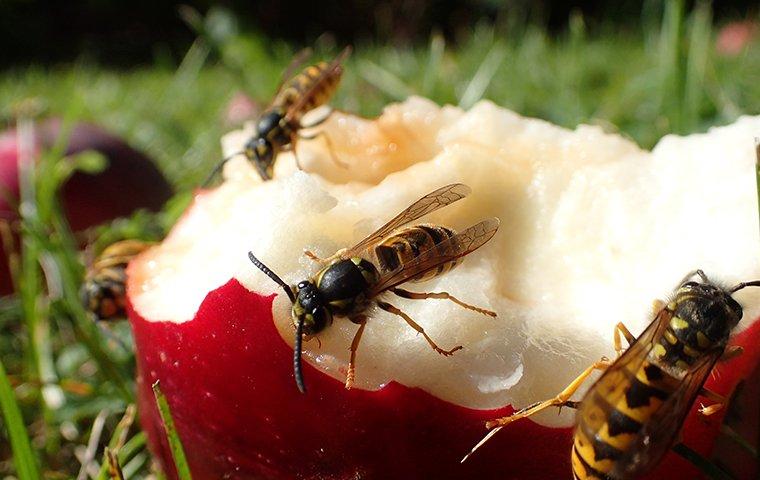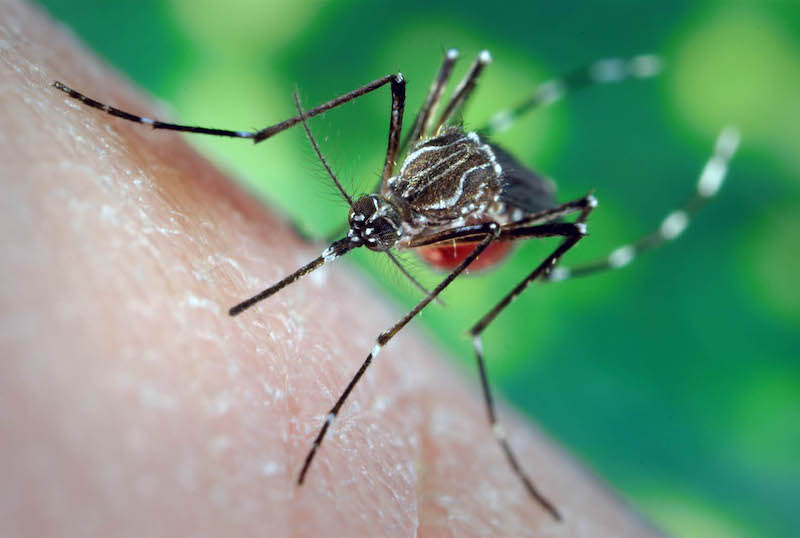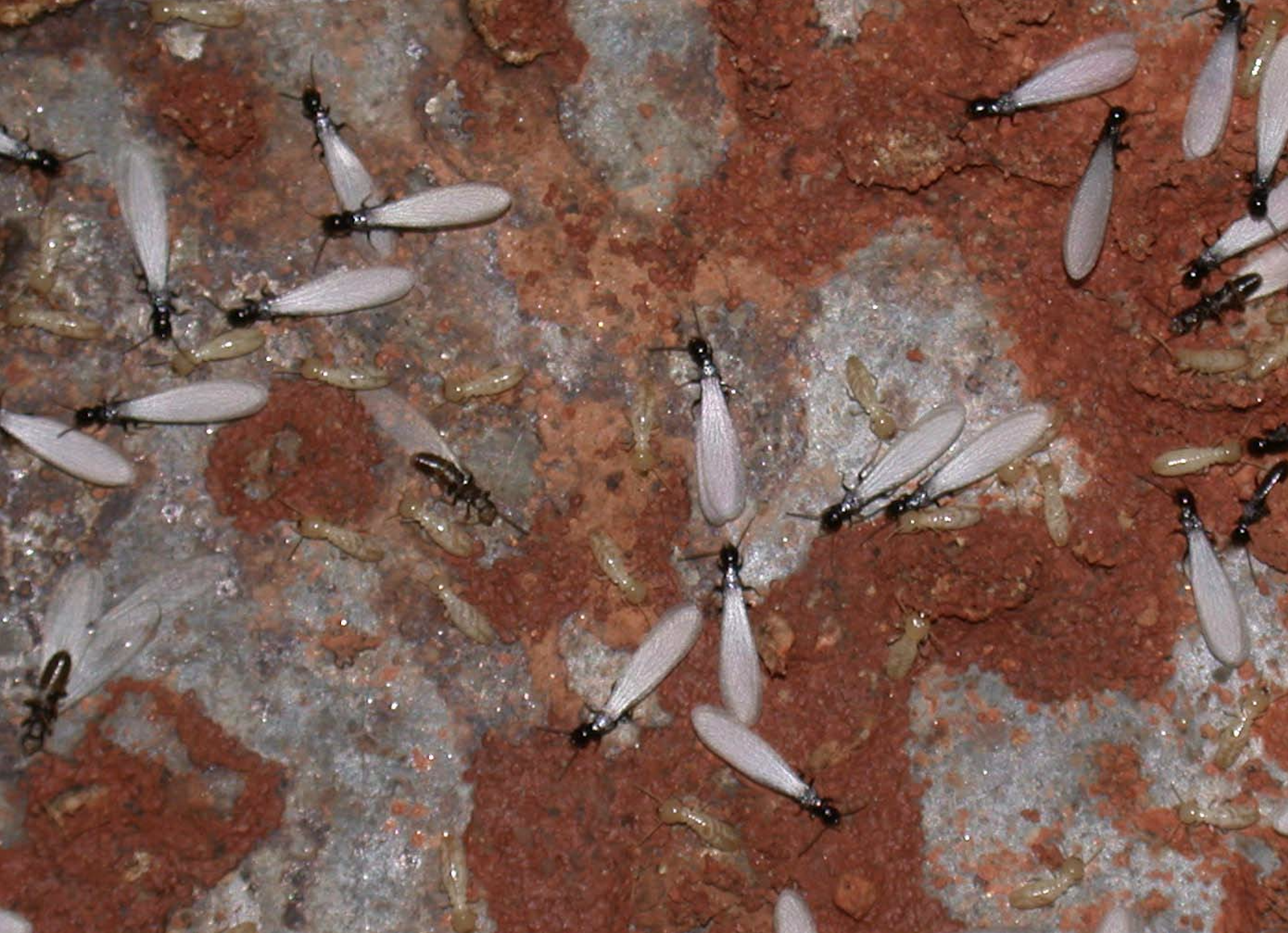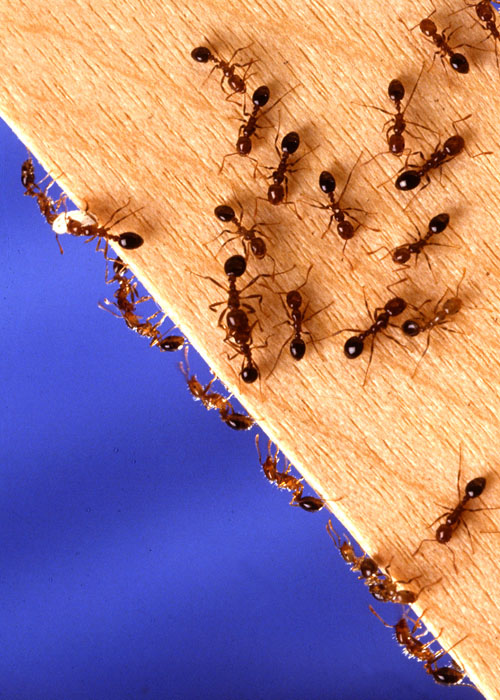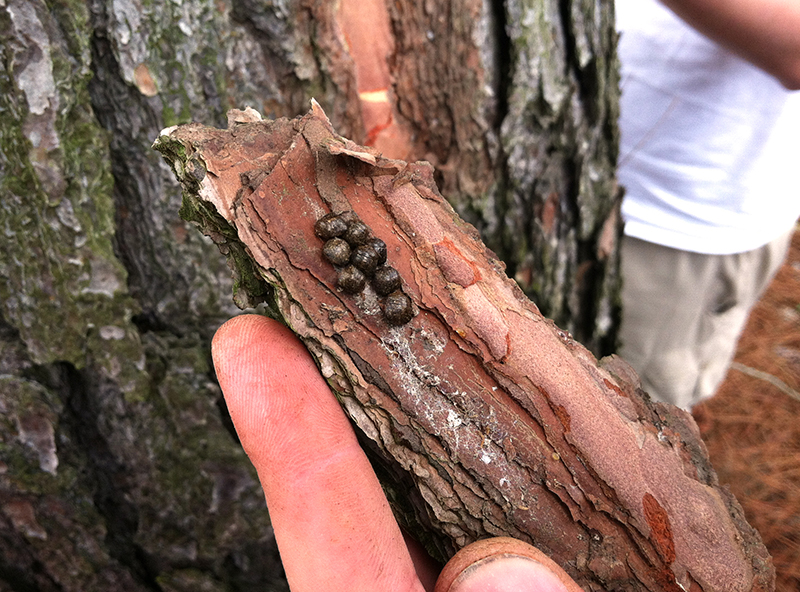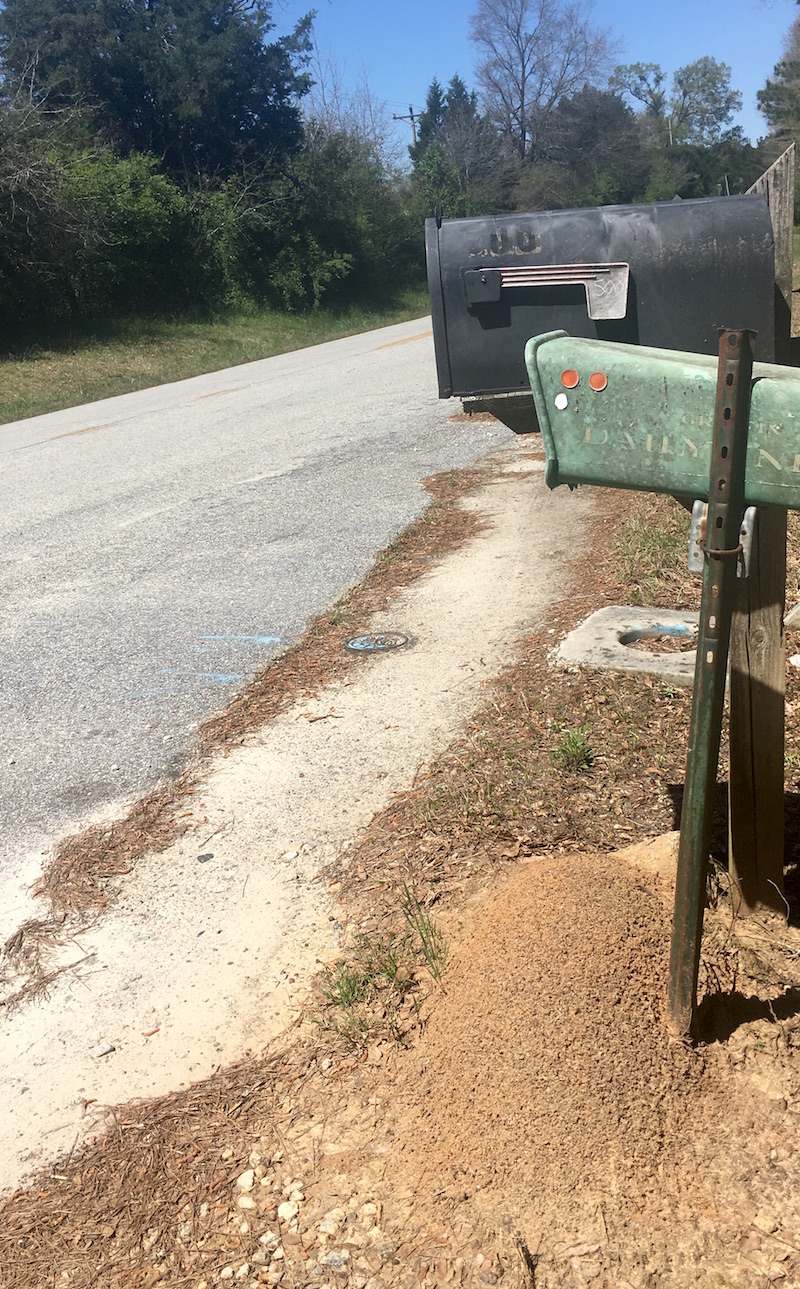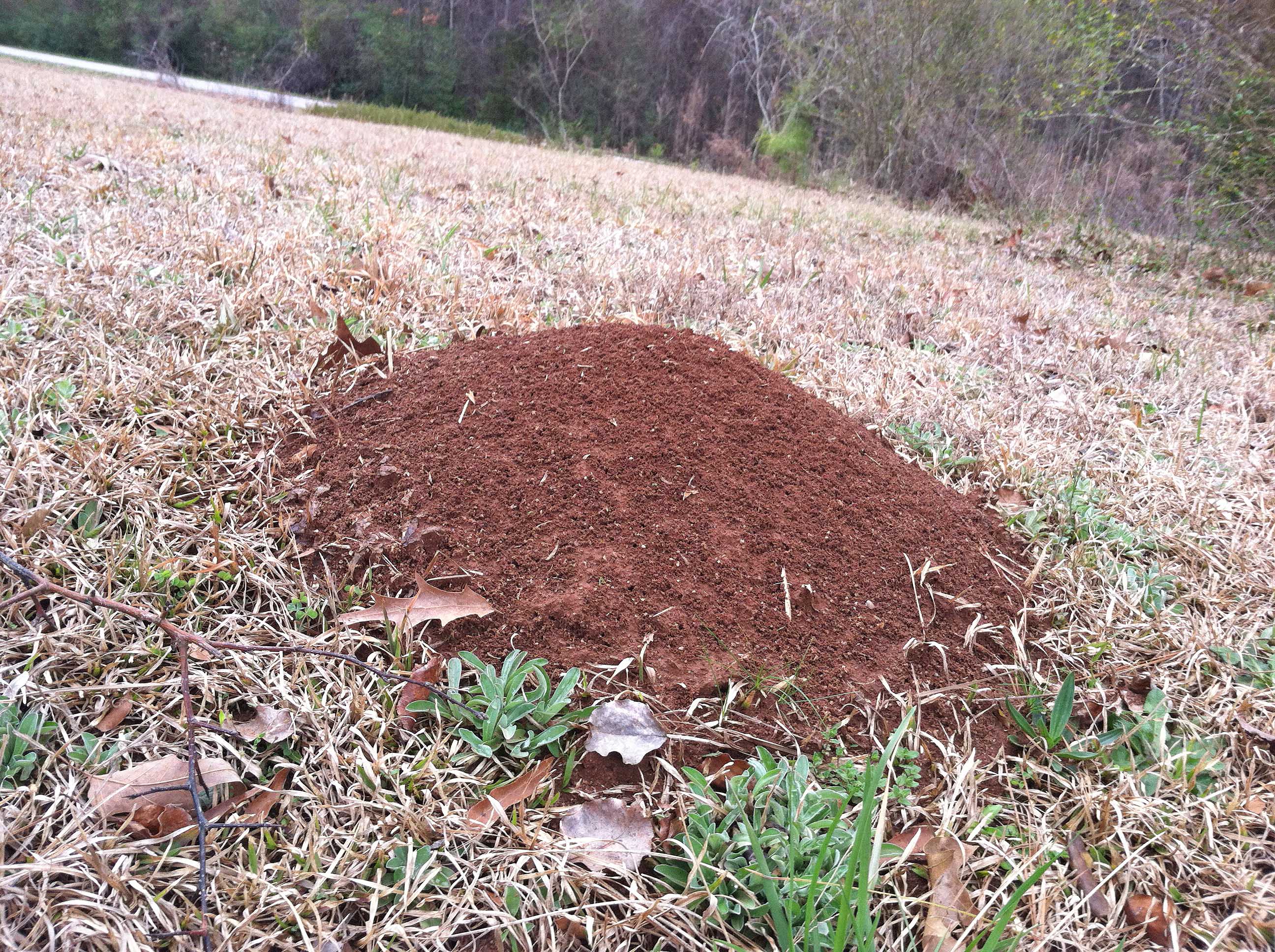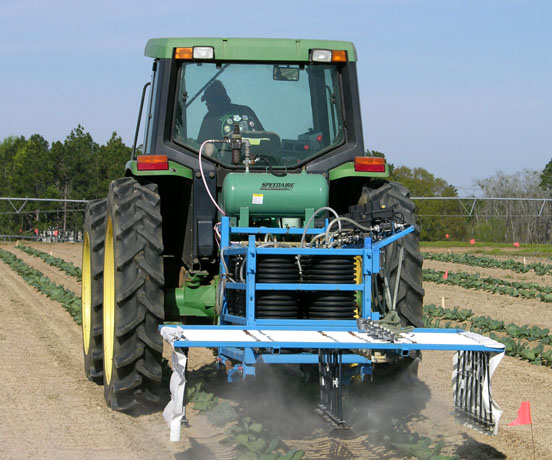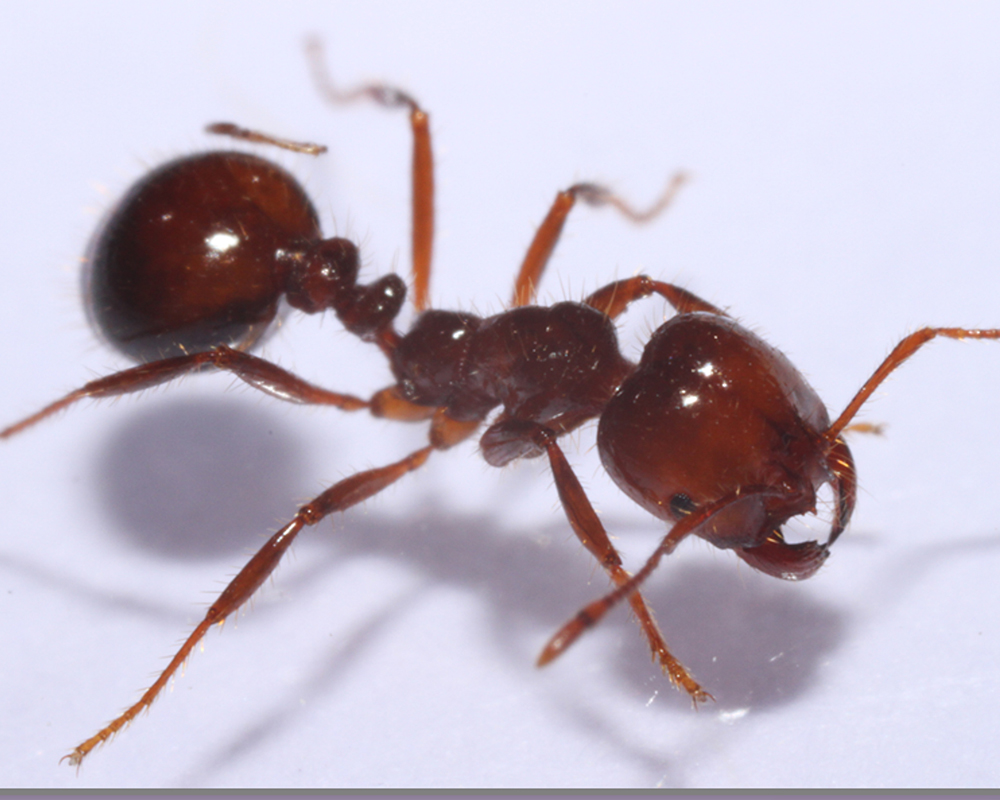 CAES News
CAES News
Fire ant supergene
A unique study conducted by University of Georgia entomologists led to the discovery of a distinctive supergene in fire ant colonies that determines whether young queen ants will leave their birth colony to start their own new colony or if they will join one with multiple queens. Researchers also found that ants were more aggressive toward queens who don’t possess the supergene, causing colony workers to kill them. This critical finding opens the door to new pest control methods that may be more efficient in eradicating problematic fire ant colonies.

